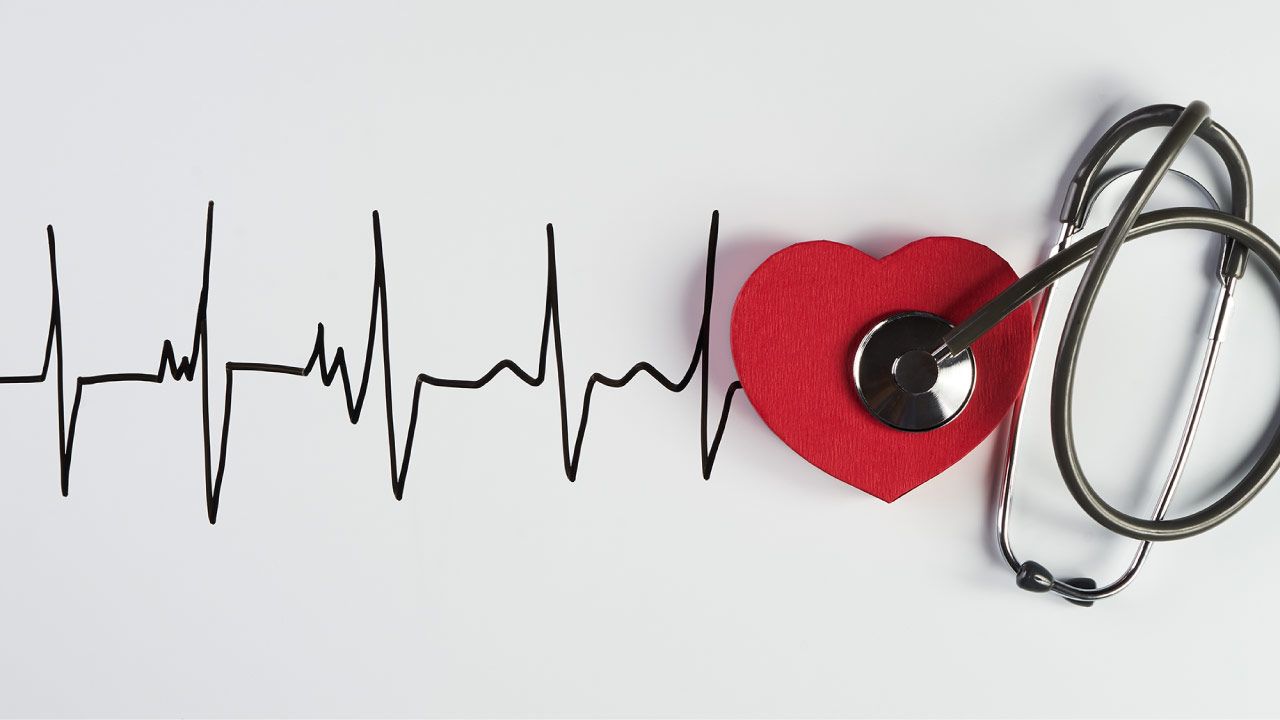
Arrhythmia or dysrhythmia is a term that refers to an irregular heartbeat. The types of arrhythmia include tachycardia, bradycardia, atrial fibrillation(A-fib) or atrial flutter, premature ventricular contraction, and wpw syndrome. The normal Heartbeat of an individual is 60-100bpm.
Persons suffering from diabetes, any other heart disease like AV block, high blood pressure, hyperthyroidism, stress, and even some medications can experience arrhythmia. Persons suffering from arrhythmia can develop symptoms like chest pain, palpitation, dizziness, fainting, breathlessness, and profuse sweating. If an arrhythmia is left untreated, it may lead to stroke and even heart failure.
This condition is diagnosed with the help of an ECG, stress test, echocardiogram, chest X-Ray, physical examination, medical and family history, etc. Treatment includes the prescription of beta-blockers, anticoagulants, and calcium channel blockers. Surgical procedures include catheter ablation and pacemaker. Sometimes, arrhythmia can occur without symptoms and has no effects. However certain types of arrhythmia have to be given regular medical attention to ensure the health of the patient.
It is always advised to diagnose the cardiac problems, if any, at the earliest so that complications could be avoided and quick recovery can be achieved. Always remember that we are here to help you and to treat you.